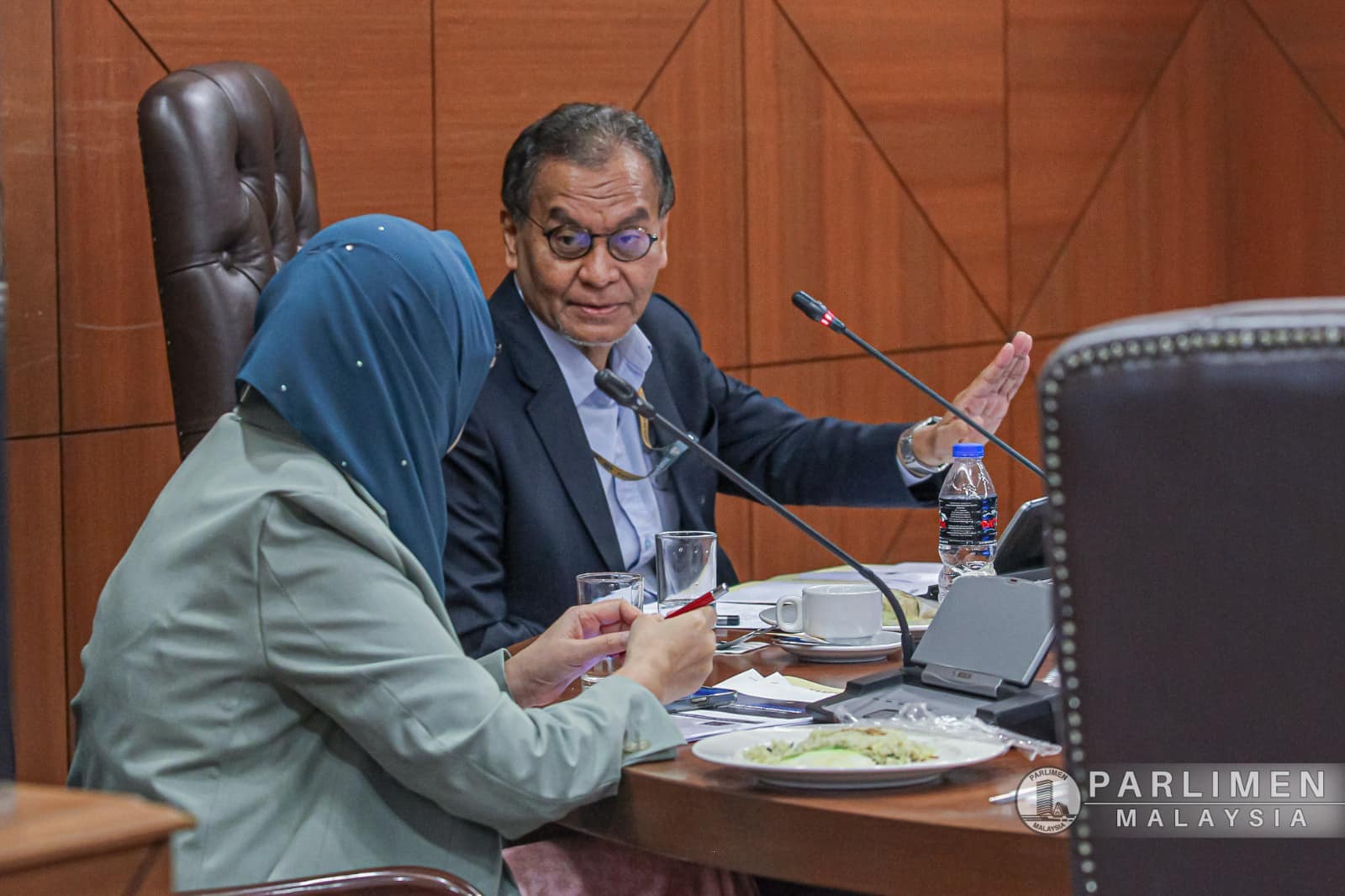KUALA LUMPUR, August 10 – Former Health Minister Dzulkefly Ahmad has suggested allowing house officers to pick three preferred placements upon joining public service to streamline doctor relocations.
Following the Ministry of Health’s (MOH) recent relocation initiative for permanent appointments – which resulted in some major hospitals losing between 80 to 120 medical officers each – and with over 1,000 medical officers appealing to remain at their current postings, Dzulkefly underlined the need for strategic staff turnover planning.
“What we need to ask the house officers as they are about to enter service is, ‘Choose three places where you would like to be stationed as a medical officer’. It should be presented as a list.
“This way, house officers would have knowledge of their postings two years in advance, and adjustments could be made to mitigate disruptions to services in the foreseeable future,” Dzulkefly, who is also chairman of the Health parliamentary special select committee (PSSC) in the Dewan Rakyat, told CodeBlue in a recent statement.
CodeBlue previously highlighted concerns over staff shortages at Kuala Lumpur Hospital (HKL) and Selayang Hospital’s obstetrics and gynaecology department due to medical officers relocating for permanent appointments, which could potentially jeopardise patient safety due to prolonged wait times and neglected care.
According to Hartal Doktor Kontrak (HDK), the mass relocation of doctors out of the peninsula’s central region would mean that waiting times in emergency rooms could now double – from 12 hours to 24 hours for admission at Tuanku Ja’afar Hospital in Seremban, Negeri Sembilan, and from two days to four days for admission at HKL.
“Waiting-time in hospitals has a direct relationship to primary care services. If a patient is not brought in by ambulance, it is highly likely they don’t need urgent care. Perhaps 10 per cent of walk-ins are actually urgent or emergency. This requires a thorough relook at our primary care services,” Dzulkefly said.
The Kuala Selangor MP from Amanah also described the Madani Medical Scheme – in which the government fully subsidises outpatient treatment for acute cases at private general practitioner (GP) clinics – as merely a pilot project.
“A total revamp of primary health care delivery is what’s needed,” Dzulkefly said.
The Health PSSC chief also attributed staff burnout in the public health service to inadequate human resource management, and not solely due to patient load.
“It is also due to poor patient management where a lot of unnecessary admissions, overstays occur.”
The latest relocation of doctors has also stirred concerns regarding equitable distribution between rural and urban regions, and potential disruptions to doctors’ career pathways.
“Placements have always been an issue. Sometimes temporary measures and placement have to take place for the benefit of the people. However, we must ensure that services continue and also that the appropriate people are placed in the appropriate areas or departments so that expertise is utilised optimally,” Dzulkefly said.
Unlike previous years, the transfers of medical officers across the country this time was on a massive scale, involving over 4,000 doctors whose permanent appointment offers were tied to their placements, effective last July 31.
CodeBlue previously reported that Sabah, Sarawak, Johor, and Pahang were the primary beneficiaries of the relocation exercise, with each state gaining more than 400 or 500 medical officers, at the cost of the Klang Valley, Melaka, and Negeri Sembilan that lost more than 130 to nearly 190 doctors.
Several government doctors working in tertiary referral centres in the affected states have said the departure of their trained colleagues due to transfers would exacerbate existing staffing shortages in their hospitals, disputing the notion that the central region had an “excess” of medical officers prior to relocations.








